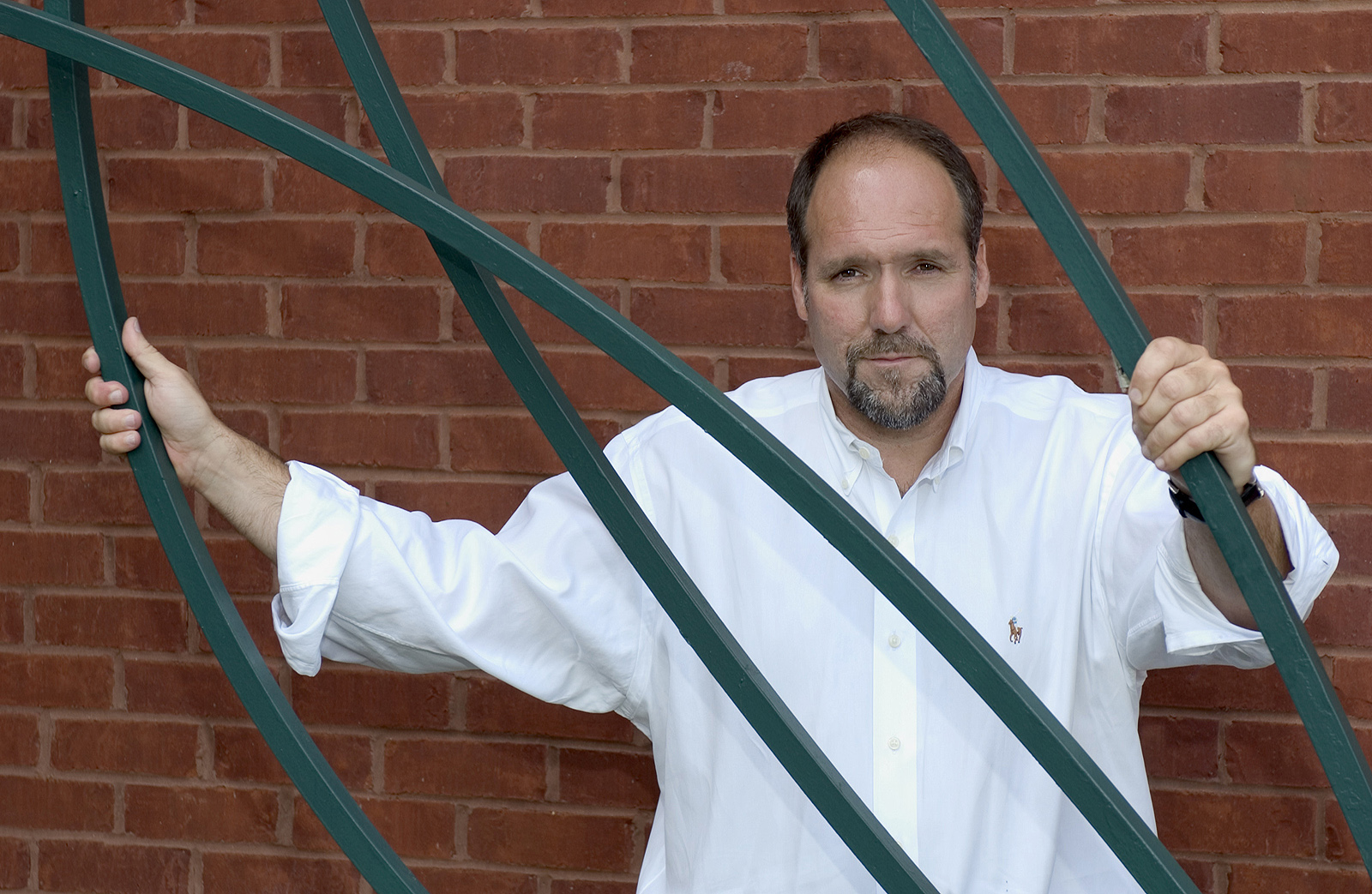Contact: Maridith Geuder

Mississippi State University sociologist Gregory Dunaway is studying the effectiveness of drug courts in keeping offenders from serving time behind bars.
When sociologist Gregory Dunaway of Mississippi State University talks about diversionary programs, he doesn't mean entertainment.
Head of the Crime and Justice Research Unit at MSU's Social Science Research Center, Dunaway is an expert who uses the term to describe alternatives to incarceration. He's particularly interested in the diversionary potential of drug courts to reduce prison populations and rehabilitate offenders.
Now in the third year of a study funded by the state Department of Public Safety and Planning, he and an MSU research team are investigating the impact of drug courts in three Southwestern Mississippi counties--Pike, Walthall and Lincoln.
"The objective of drug courts is not to punish the offender, but to provide alternatives that help individuals deal with their addictions," he explained. While some states adopted the concept as early as the 1990s, legislation only recently provided funding for the courts in Mississippi, he added.
Under the program, someone arrested for a first-time non-violent felony with a history of substance-abuse problems may be referred to the court based on information gathered from family members, law enforcement or legal officials.
"Participants can't be arrested for a violent offense, and they must be a first-time offender," Dunaway emphasized.
During an initial hearing, individuals may choose to participate in the program or to proceed through the legal process for their offense. Most successfully completing the closely supervised treatment court will have their records expunged, Dunaway said.
The MSU research team, which has tracked more than 200 participants in the three counties under study, is assessing the effectiveness of program evaluations and program outcomes--whether those completing the treatment court remain drug-free. The study includes a survey of the state's judges and district attorneys to determine their attitudes toward the courts, as well as surveys and personal interviews with participants and court personnel.
"We tend to think of drugs as an inner-city problem," Dunaway said, "but the reality is that drugs are on the upswing and are often manufactured in rural areas."
Through the drug court, participants first undergo a residential treatment program that may last as long as 18 months. During this phase, they attend drug education classes, counseling sessions and intensive drug testing. Less restrictive phases follow, with drug testing and mandatory meetings decreasing.
"An individual who doesn't meet the conditions of each phase will have their sentence enforced," Dunaway said.
Based on the initial phases of the study, he believes the diversionary program shows promise. "From our initial findings, as well as results from other studies, we believe the drug court program is a viable and effective alternative to both traditional probation and incarceration for a certain segment of the offending population," Dunaway said.
"The model for decades has been punitive," he added. "We've ignored the fact that people who have addictions don't stop having addictions because they're incarcerated."
The drug treatment court, combining treatment with supervision, is one attempt to treat the addiction and allow the offender to continue being a productive citizen.
"The offender continues to work, continues to pay taxes, and supports the treatment program through fees," Dunaway said. While there is no one-size-fits-all for solving drug crimes, he believes that drug courts can be an answer for some offenders.
"Our research shows that this approach is a cost-effective and generally effective option," he said.
For more information, telephone Dr. Dunaway at (662) 325-7879.